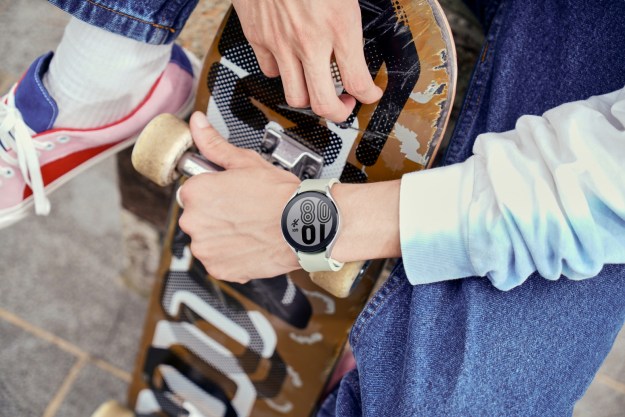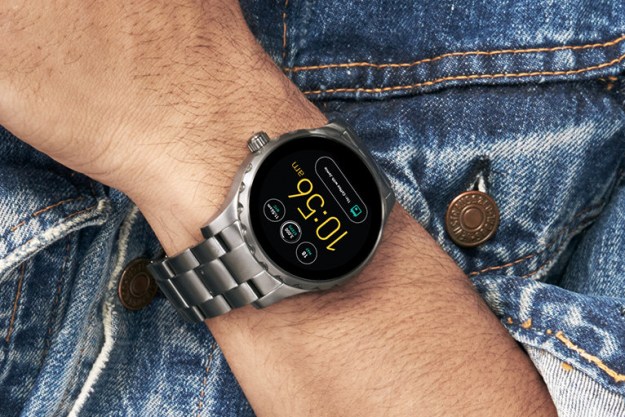
In July of last year, Jawbone accused Fitbit of stealing trade secrets and classified information. If Fitbit had indeed stolen trade secrets, the ITC would have been able to block Fitbit from importing its products for sale in the U.S. In the end, the judge found that “no party has been shown to have misappropriated any trade secret.”
Jawbone alleged that Fitbit infringed on six patents and poached employees who were privy to confidential information about Jawbone’s business. That information included plans, supply chains, and technical details about Jawbone products. Two of the patents were eventually withdrawn from the suit; the four that remained were invalidated by the judge.
“We are pleased with the ITC’s initial determination rejecting Jawbone’s trade secret claims. We greatly appreciate the ALJ’s time and diligent work on this case, said Fitbit CEO and co-founder James Park in a statement. “From the outset of this litigation, we have maintained that Jawbone’s allegations were utterly without merit and nothing more than a desperate attempt by Jawbone to disrupt Fitbit’s momentum to compensate for their own lack of success in the market. Our customers can be assured that we remain fully committed to creating innovative products that consumers love, and that we are excited about the pipeline of new products coming out this year.”
Of course, Jawbone doesn’t agree with this, and the case itself is far from over. In fact, Jawbone intends to seek review of the decision made by the courts. Here’s Jawbone’s full statement.
“We intend to seek review of today’s ruling before the full Commission. The case in the ITC involved a very small subset of Jawbone’s trade secrets asserted against Flextronics and Fitbit because of the limited jurisdiction of the ITC. Jawbone is continuing to pursue its much broader trade secret case against Fitbit, which is headed to a jury trial in California state court. The California court already has granted a preliminary injunction and rejected Fitbit’s efforts to dismiss the case. Jawbone is confident it will prevail when the full scope of its claims is heard by the jury.”
Fitbit has grown to be the largest make of wrist-based fitness trackers in the U.S., having sold a whopping 5.7 million devices in the second quarter of this year alone. Not being able to sell its products in the country would be a massive blow to its business. Of course, Jawbone, which makes the UP fitness trackers, isn’t a small company either. It has been losing market share of late — to the point that it is no longer in the top five fitness tracker manufacturers.
While Fitbit has won this particular battle, the war between the two companies may not be over. Jawbone won a separate trade case against Fitbit on July 19, when a judge found that three patents owned by Fitbit were invalid. Fibit has since asked the trade commission to review the ruling.
Updated on 08-24-2016 by Christian de Looper: Added full statement from both companies.
Editors' Recommendations
- Judge rules that U.S. government can’t force WeChat off app stores
- U.S. government says Huawei can secretly access country’s telecom networks


